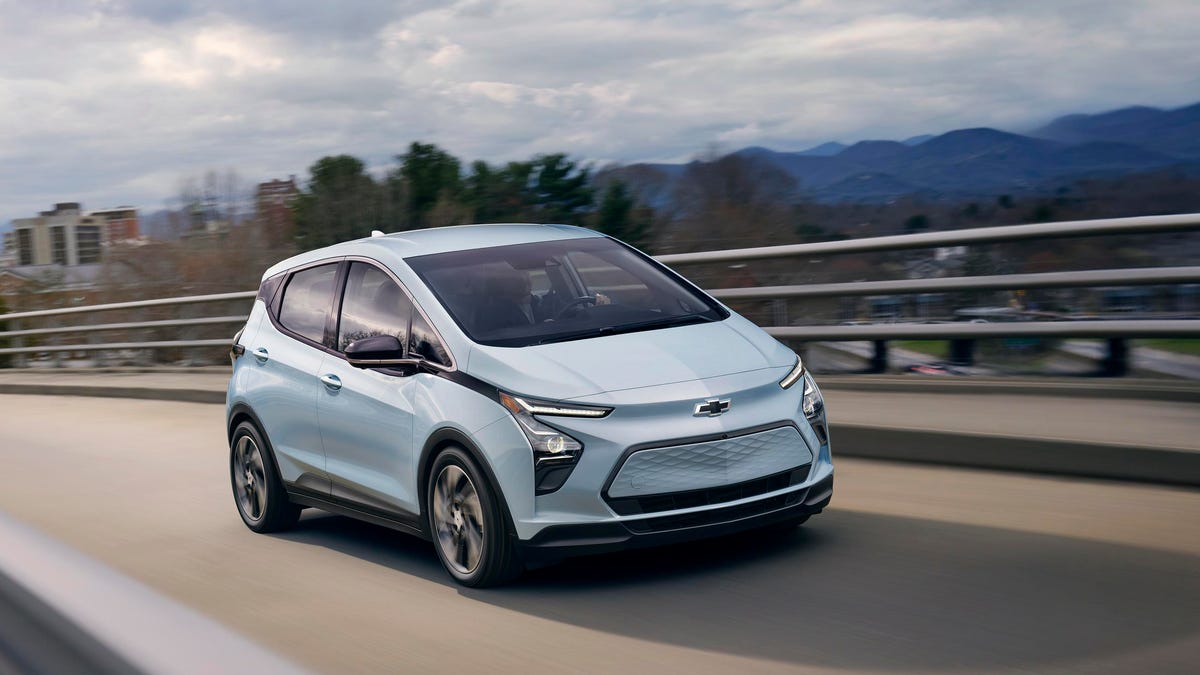New-vehicle shoppers are typically focused on the transaction price and monthly payments a particular model will command, but for cagey consumers that’s only part of the process. To get the best absolute deal on a given car, truck, or SUV, one has to dig deeper and compare the overall long-term ownership expenses involved, which depending on the type, make, and model involved can add up to a substantial amount of money.
Especially in these days when the average vehicle can command close to $50,000, with most going for close to sticker price and above, choosing a model that’s cheaper to own over the long haul is more important than ever.
The biggest factor to consider—and it’s one that’s too often overlooked—is a given vehicle’s projected depreciation, which is how much of its original value is expected to be lost over time. Ordinarily, the typical car’s original worth drops by as much as 50 percent or more over a typical five-year ownership period. That means a car that sells for $50,000 today would command $25,000 at trade-in time. While recent supply and demand issues have kept resale values high over the past year, they’re expected to settle back to normal levels moving forward.
Of particular note to those who may be shopping for a new luxury car during the coming months, vehicle depreciation can be especially profound among upscale rides, simply because there’s more money at stake to lose.
Stubbornly high gas prices continue to make fuel economy an important cost consideration. According to the Environmental Protection Agency, choosing a vehicle that gets an average of 30 mpg instead of 20 mpg will save an owner $4,500 over the course of five years, driving 15,000 miles annually and with fuel at $3.66 per gallon.
Insurance premiums can be another big hit to the pocketbook, with less costly and more conservative vehicles like minivans and SUVs being cheaper to cover than expensive luxury cars that can cost a fortune to repair after getting into a crash, and high-performance models that practically beg to be driven with abandon.
Other ownership costs to keep an eye on include maintenance and out-of-warranty repairs, which can often vary wildly from one vehicle to another, with luxury cars likewise leading the pack in both regards.
If researching and comparing all those variables to find a model that’s cheaper to own seems like a lot of work, well, it is. Fortunately the valuation experts at Kelley Blue Book have done all the heavy lifting via their annual 5-Year Cost to Own Awards that identify the least costly rides to own in each of 27 separate vehicle categories. We’re featuring each of the category winners below. In addition, KBB notes long-term ownership models for each make and model as part of their extensive new-vehicle reviews.
“Many car shoppers would be shocked if they understood that cost of ownership can vary in staggering amounts from one vehicle to the next, potentially to the tune of thousands of dollars over time” says Janice Yoell, senior manager of valuations for Kelley Blue Book. “Paying attention to a vehicle’s cost of ownership is imperative to make a smart purchase decision.”
Among individual brands, Toyota gets the award for having the lowest overall ownership costs among mainstream makes for 2023; KBB cites the brand’s top-notch residual values as being the primary contributor toward the brand’s low ownership costs. Among luxury automakers, Toyota’s Lexus division gets the nod for the lowest overall average ownership costs, with multiple models leading various ownership cost categories.
The vehicle KBB says has the lowest long-term costs is the full-electric subcompact Chevrolet Bolt EV at $28,610, which is not surprising, given an electric car’s inherently low energy and maintenance costs. Unfortunately, the automaker recently announced it would be discontinuing that model and its close relation, the Chevrolet Bolt EUV—also a money saver at $31,581 over a half decade on the road—at the end of the model year.
Here are the models KBB estimates will cost an owner the least amount of cash in each market segment over a five-year ownership period:
- Compact Car: Subaru Impreza ($31,041)
- Midsize Car: Honda Accord ($36,732)
- Hybrid Car: Toyota Corolla Hybrid ($30,207)
- Electric Car: Chevrolet Bolt EV ($28,610)
- Luxury Compact Car: Genesis G70 ($50,539)
- Luxury Midsize Car: Lexus ES ($53,063)
- Luxury Full-Size Car: Lexus LS ($83,727)
- Luxury Electric Car: Tesla Model 3 ($43,975)
- Sports Car: Subaru BRZ ($39,908)
- Subcompact SUV: Hyundai Venue ($31,686)
- Compact SUV: Subaru Forester ($37,367)
- Midsize SUV – 2-Row: Subaru Outback ($41,222)
- Midsize SUV – 3-Row: Subaru Ascent ($47,833)
- Full-Size SUV: Chevrolet Tahoe ($71,337)
- Off-Road SUV: Ford Bronco ($47,771)
- Electric SUV: Chevrolet Bolt EUV ($31,581)
- Luxury Subcompact SUV: Lexus UX ($46,962)
- Luxury Compact SUV: Lexus NX ($52,998)
- Luxury Midsize SUV – 2-Row: Lexus RX ($62,175)
- Luxury Midsize SUV – 3-Row: Acura MDX ($65,395)
- Luxury Full-Size SUV: Mercedes-Benz GLS ($92,444)
- Luxury Electric SUV: Tesla Model Y ($48,651)
- Compact Pickup Truck: Ford Maverick ($31,416)
- Midsize Pickup Truck: Ford Ranger ($40,626)
- Full-Size Pickup Truck: Toyota Tundra ($48,254)
- Electric Pickup Truck: Ford F-150 Lightning ($51,243)
- Minivan: Toyota Sienna ($42,669)
The full report can be found here.
Read the full article here




